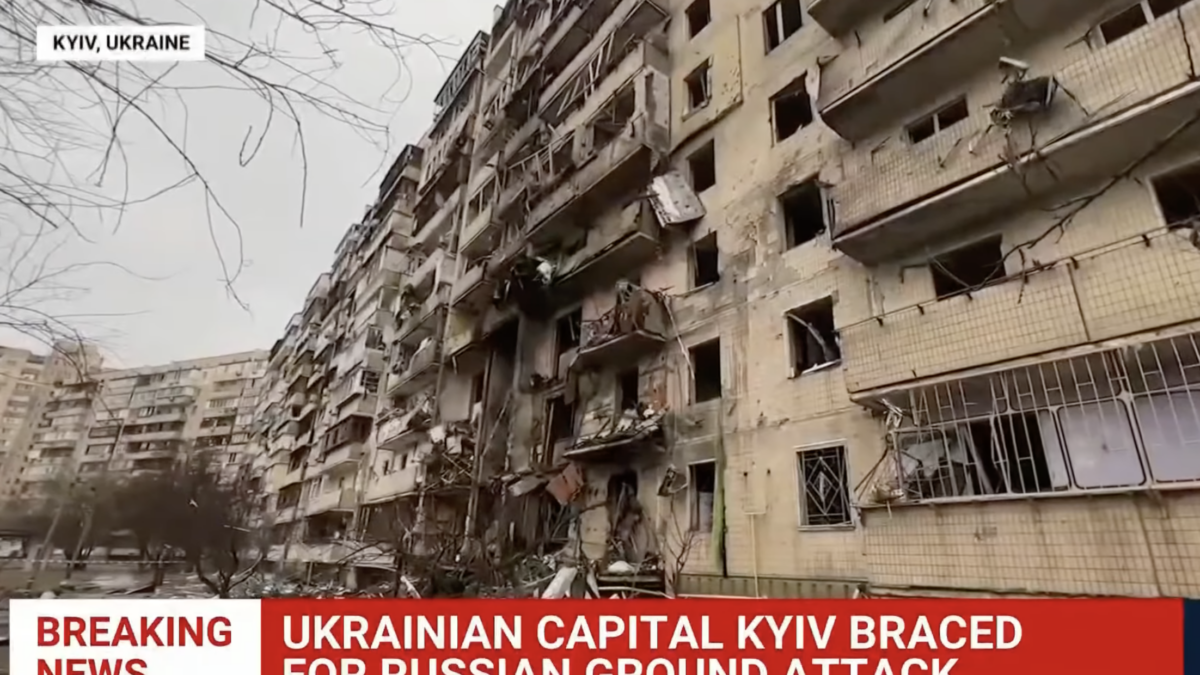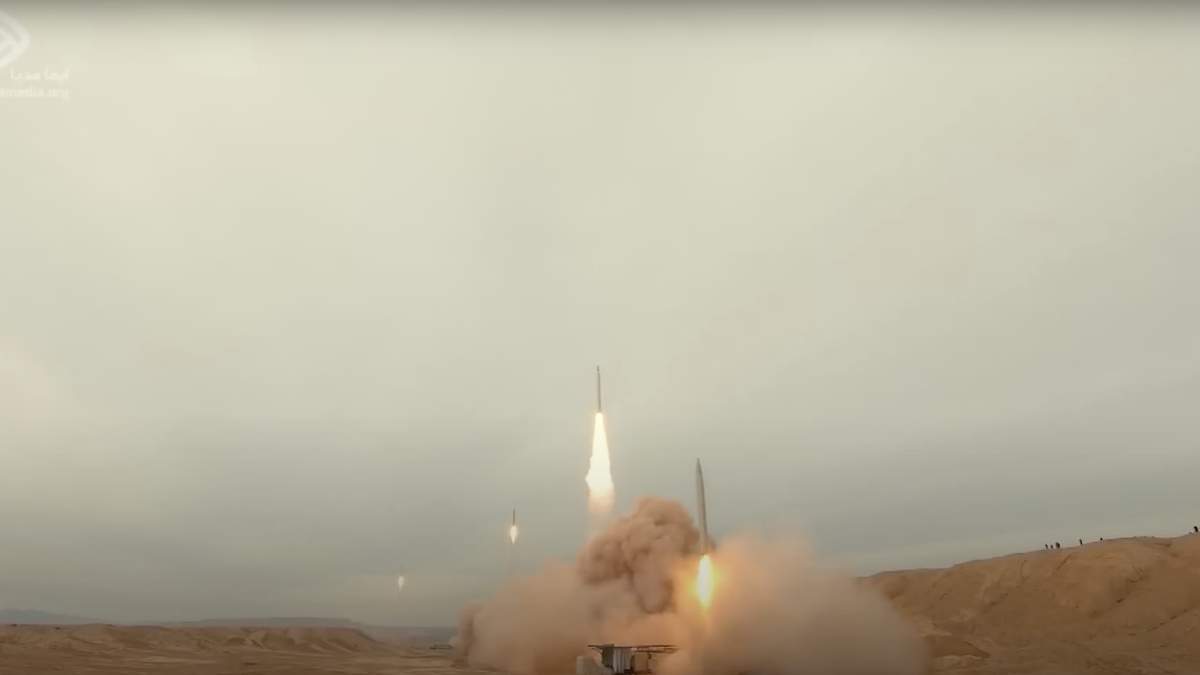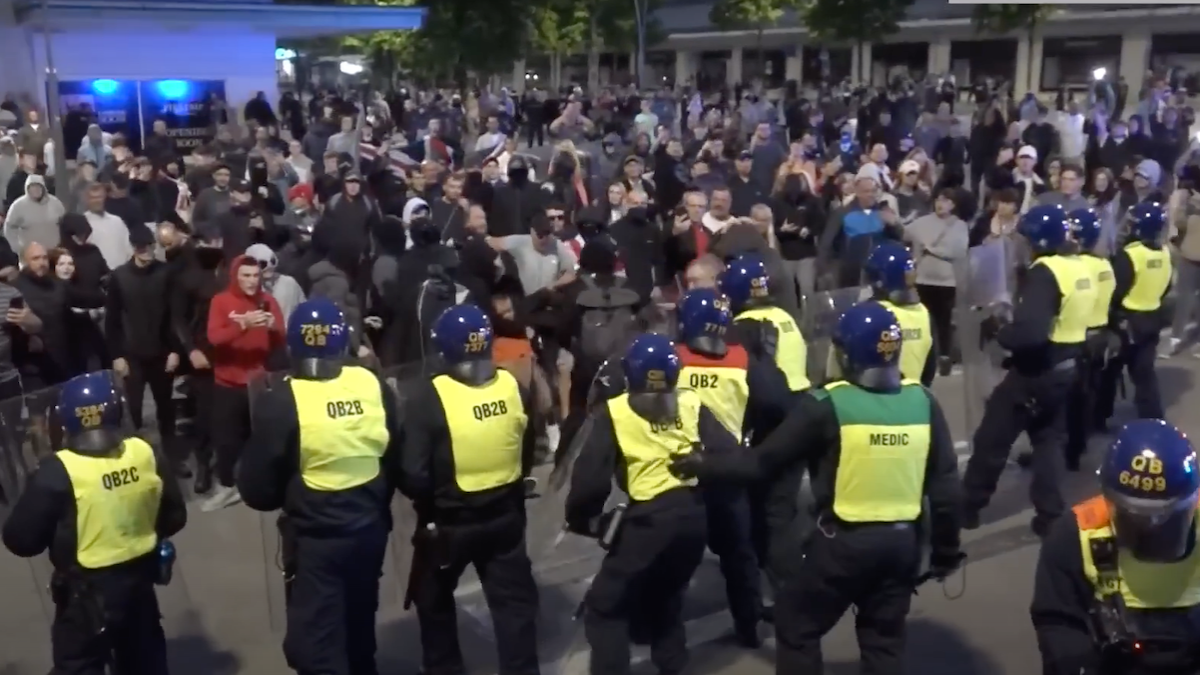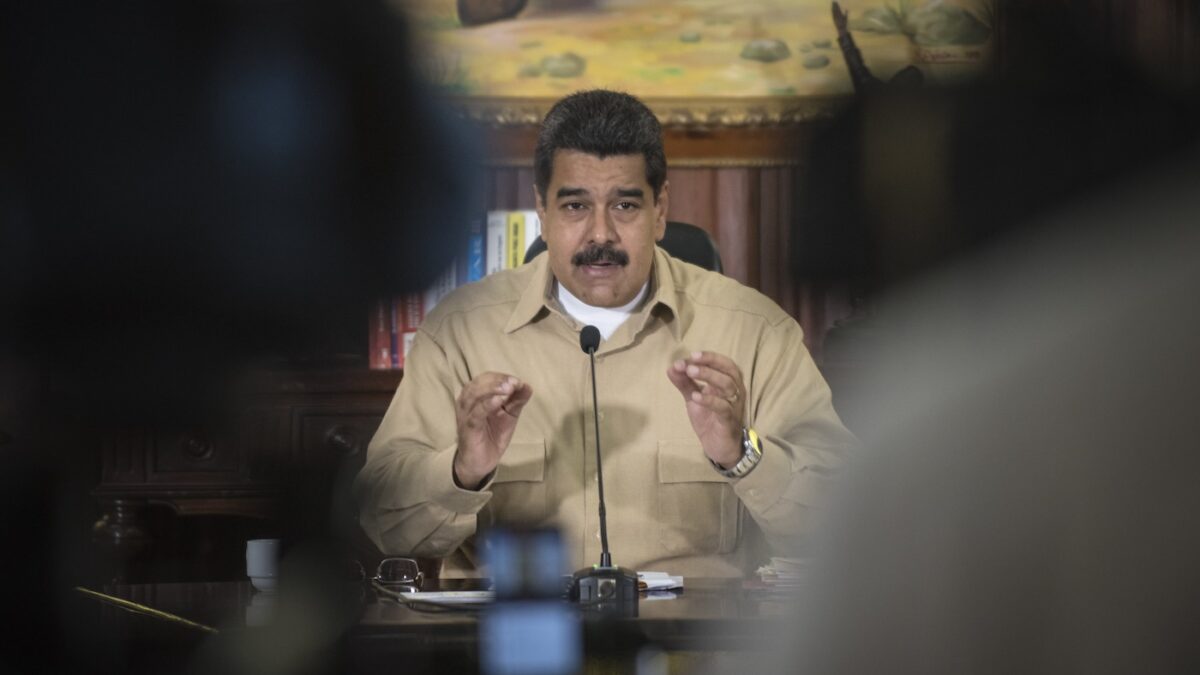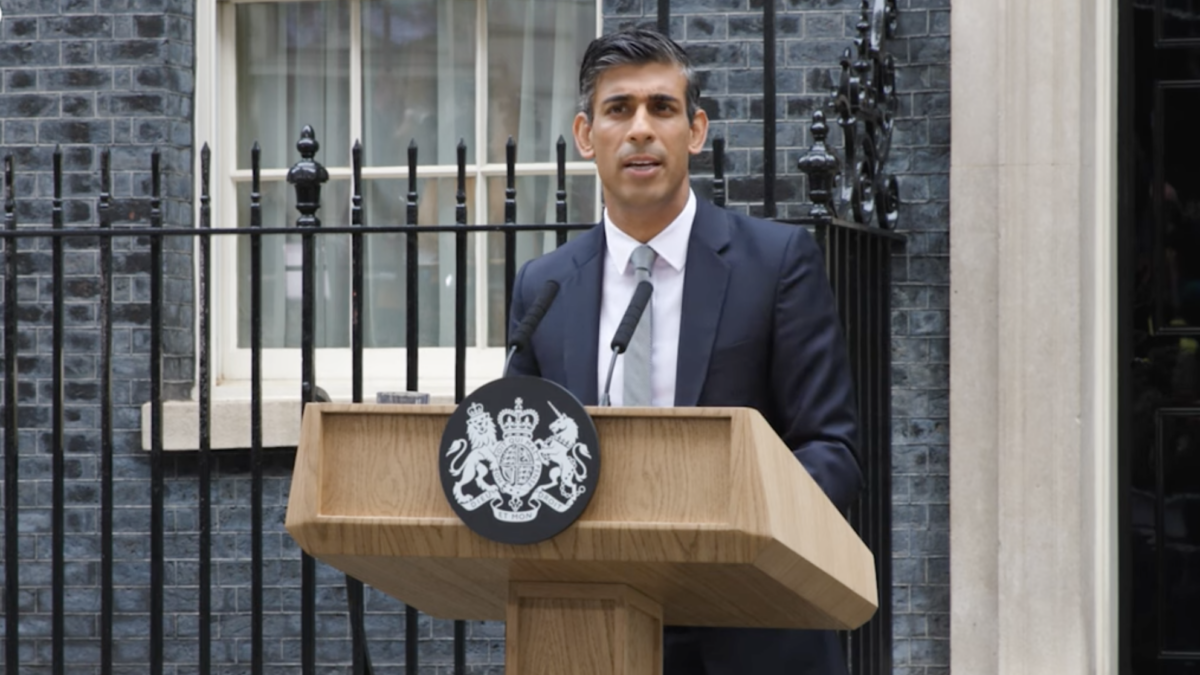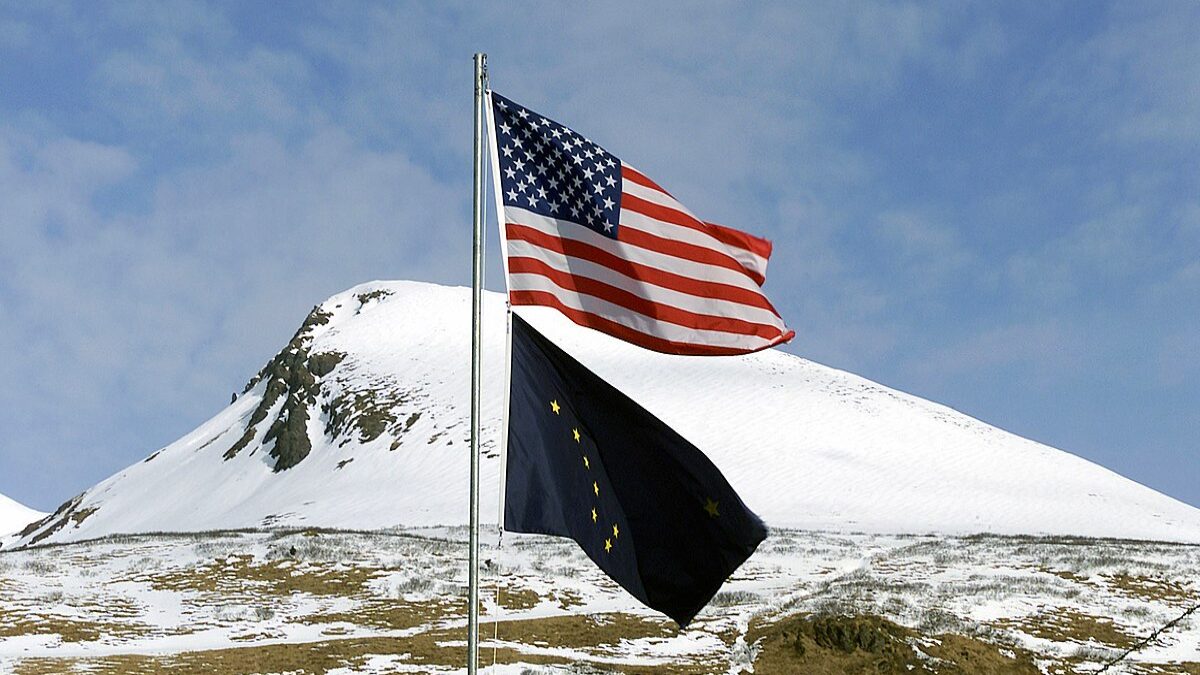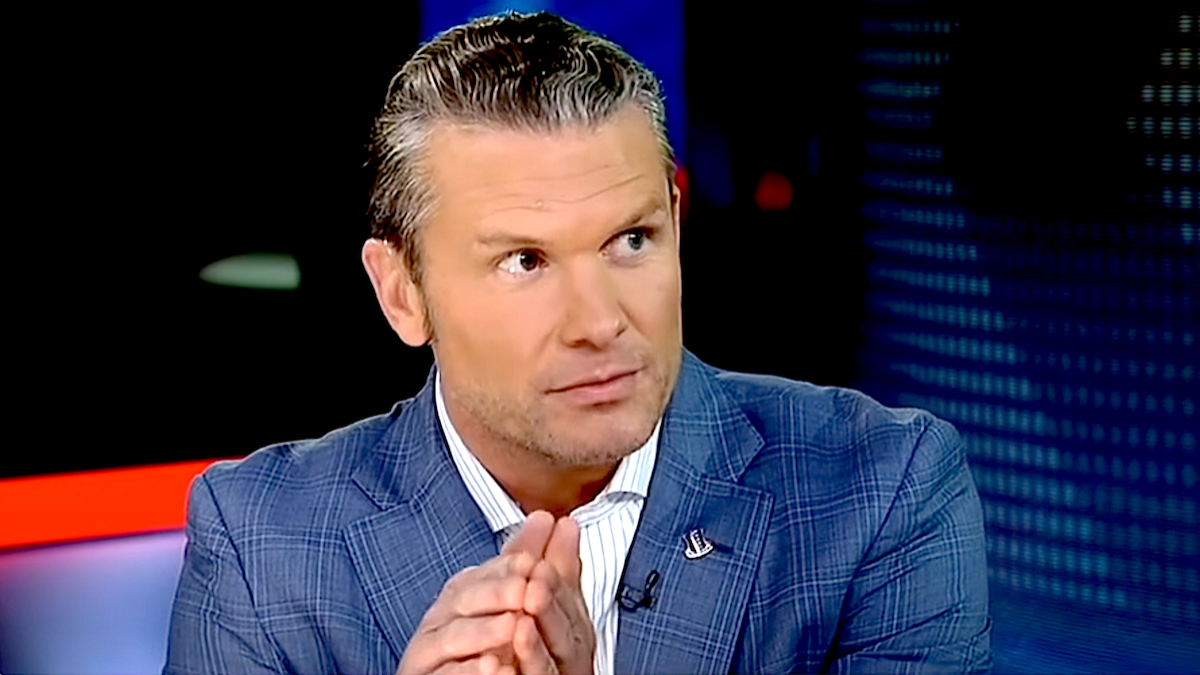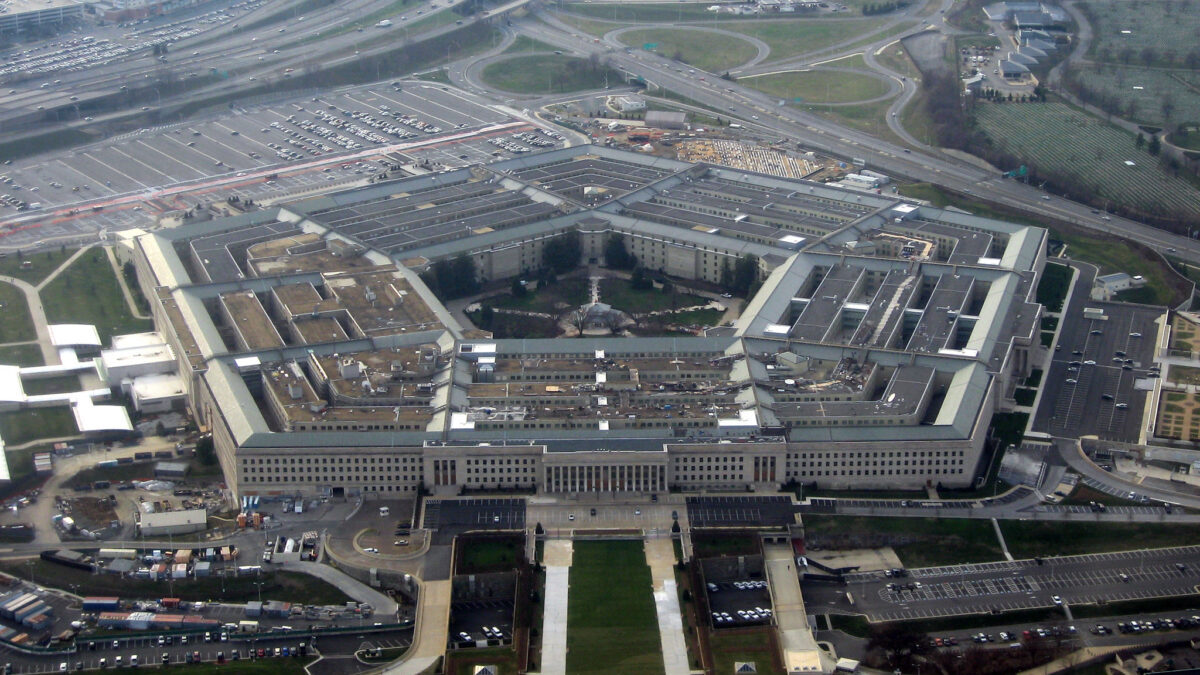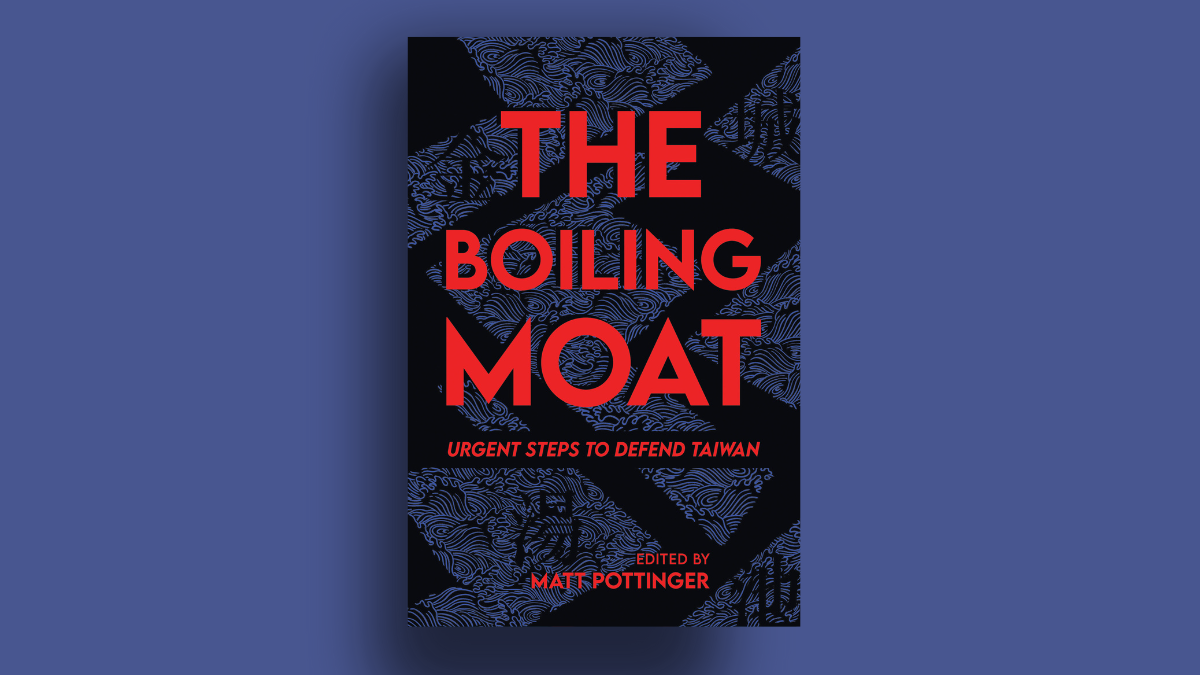The Russian offensive against Ukraine unleashed by Russian President Vladimir Putin is now two days old. There are two big things to consider as the conflict grinds on: strategy and morale.
The first is the survival of Ukraine’s young president, Volodymyr Zelenskyy. Zelenskyy and his democratically-elected government are the focus of Putin’s war. The German military theorist Carl von Clausewitz wrote, “The talent of the strategist is to identify the decisive point and to concentrate everything on it, removing forces from secondary fronts and ignoring lesser objectives.” Zelenskyy is that decisive point.
For an opposing force, the contrary is often true. In Ukraine’s case, it is — that is, the survival of Ukraine’s government and the prevention of the installation of a quisling, a pro-Putin government in Kiev.
But as von Clausewitz noted, “…no strategy ever survives the first engagement with the enemy.” Ukraine is fighting back. Whether it will be enough is an open question, though every day Zelenskyy’s government survives increases their odds of success.
The second factor, morale, is crucial. In that aspect, the Ukrainian people have seen some inspirational moments aided by rapid dissemination via cell phones.
The images of a helmeted Zelenskyy in the field with his soldiers invoke the memory of other wartime leaders, such as Winston Churchill during Britain’s darkest hour.
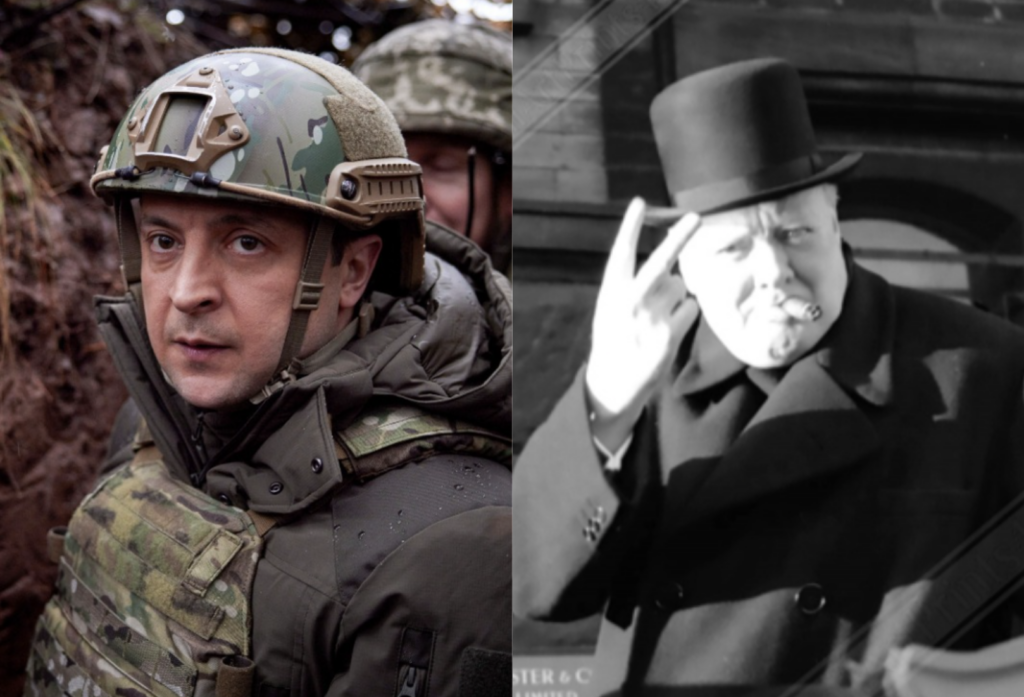
These images, and stories arising from the flames of Putin’s brazen attack, may serve as new historic foundation mythology for a very old nation.
America has the Boston Massacre with Crispus Attucks, the first martyr of the revolution, Molly Pitcher manning the cannon at Monmouth, and George Washington crossing the Delaware on Christmas Eve to attack German mercenaries on Christmas morning.
Ukraine now has Snake Island, with its 13 defenders telling a Russian warship to “go f— yourself” in reply to a demand to surrender. The Russians killed all 13 border guards.
The Ghost of Kiev as well — perhaps an urban legend, perhaps not — a Ukrainian MiG-29 pilot credited with downing six Russian aircraft — and racking up more than four million views on one video posted to Twitter on Friday.
And, of course, Zelenskyy himself, who, unlike the last feckless Afghan President, Ashraf Ghani, remains at his post — though a successful relocation to Lviv in Ukraine’s west to carry on the fight would be preferable to death or capture.
And then there’s the Biden administration and its response to Russia’s offensive against Ukraine.
During his press conference Thursday, President Joe Biden responded to a question by claiming, “No one expects the sanctions to prevent anything from happening…” Days earlier, Vice President Kamala Harris said sanctions would deter Putin.
As to the sanctions announced by Biden, he said to give them 30 days to work. But the Battle of Ukraine will be won or lost by then.
Instructively, the Russian Ruble immediately gained 8 percent on Biden’s announcement of weak half measures. The Dow Jones Industrial Average jumped 2.5 percent in relief, and oil plunged by more than $4 a barrel on the word that Biden and our NATO allies would still welcome copious supplies of Russian oil and natural gas and pay for it in hard dollars.
War entails sacrifice. So far, the sacrifices are being shouldered by Russian conscripts and the Ukrainian people. The West? Not so much.
If Ukraine survives as an independent nation, Putin will fall, and Biden’s sanctions will have had nothing to do with his demise. The credit will be due to Ukrainian courage and Putin’s hubris.
